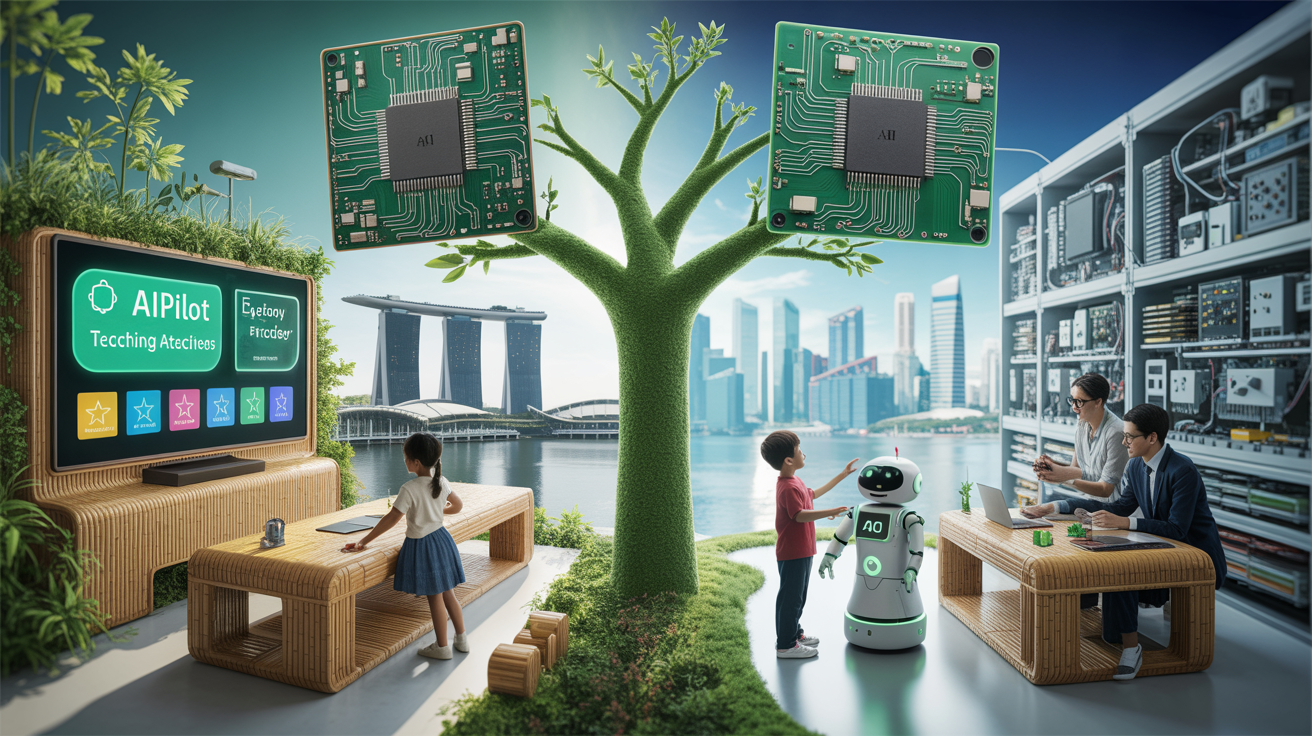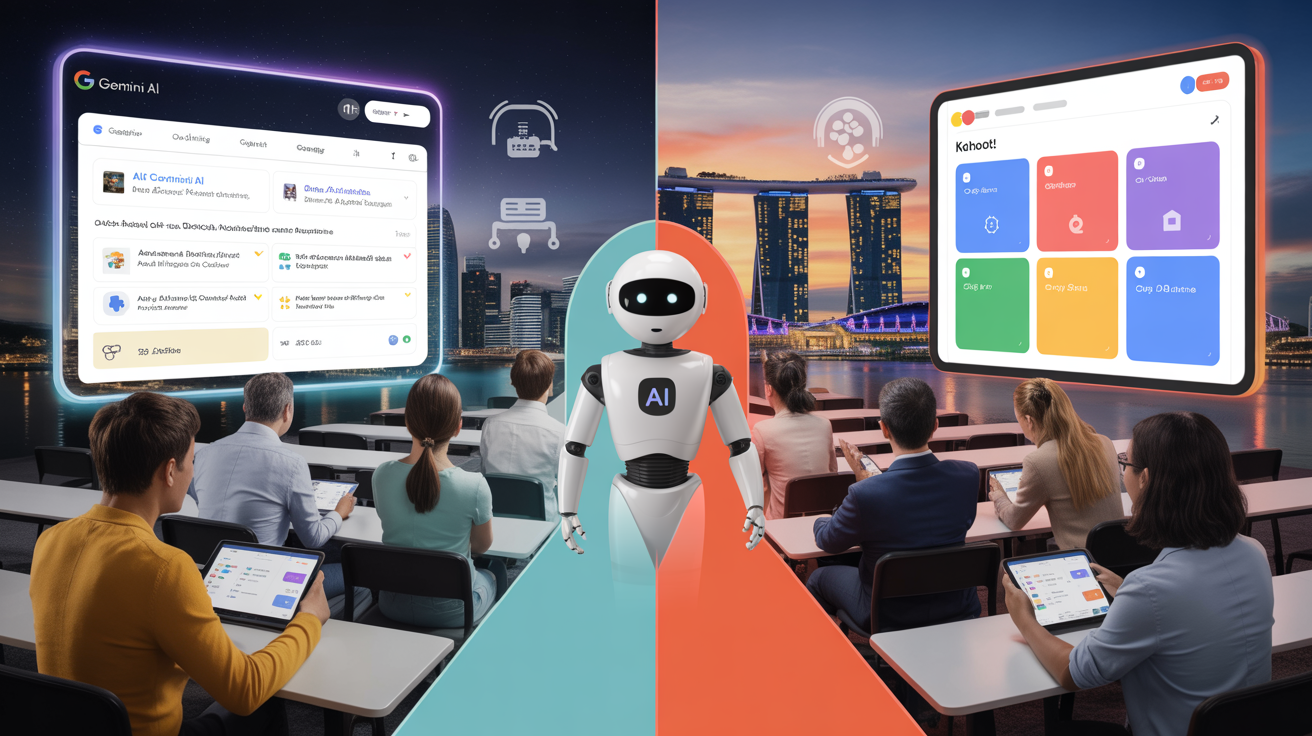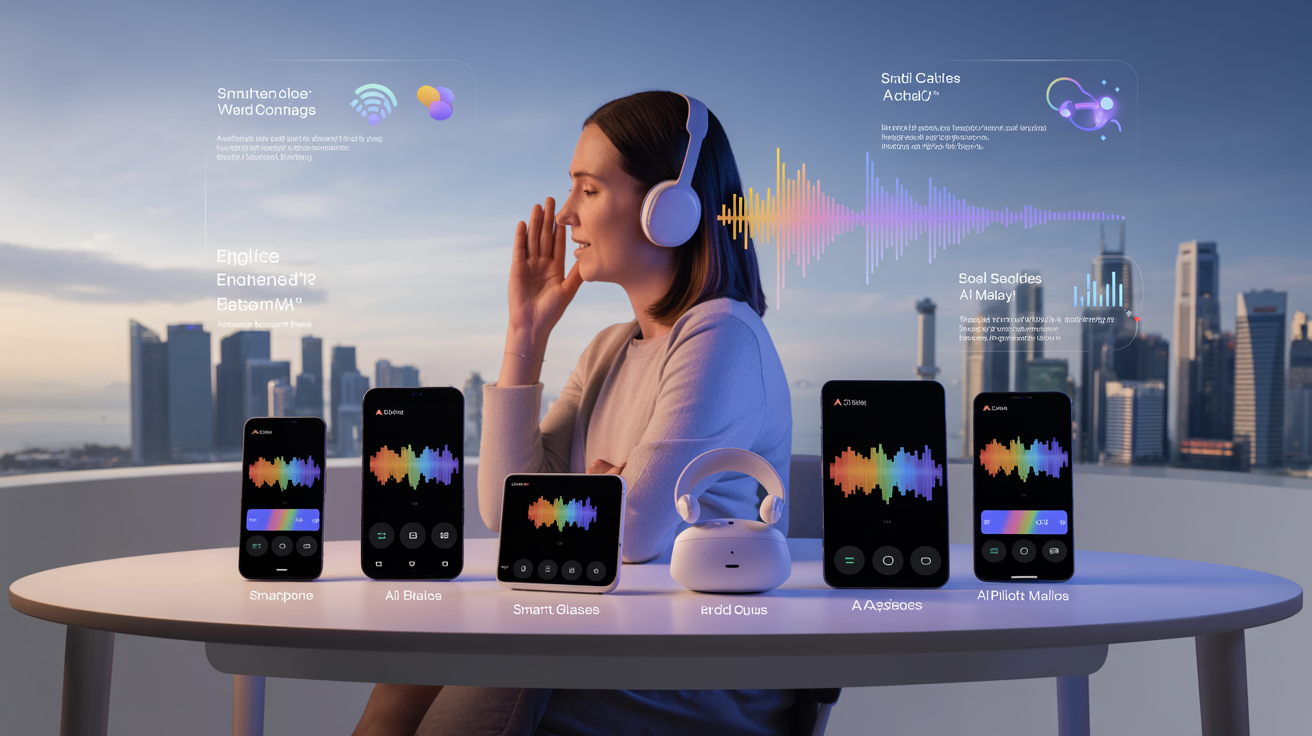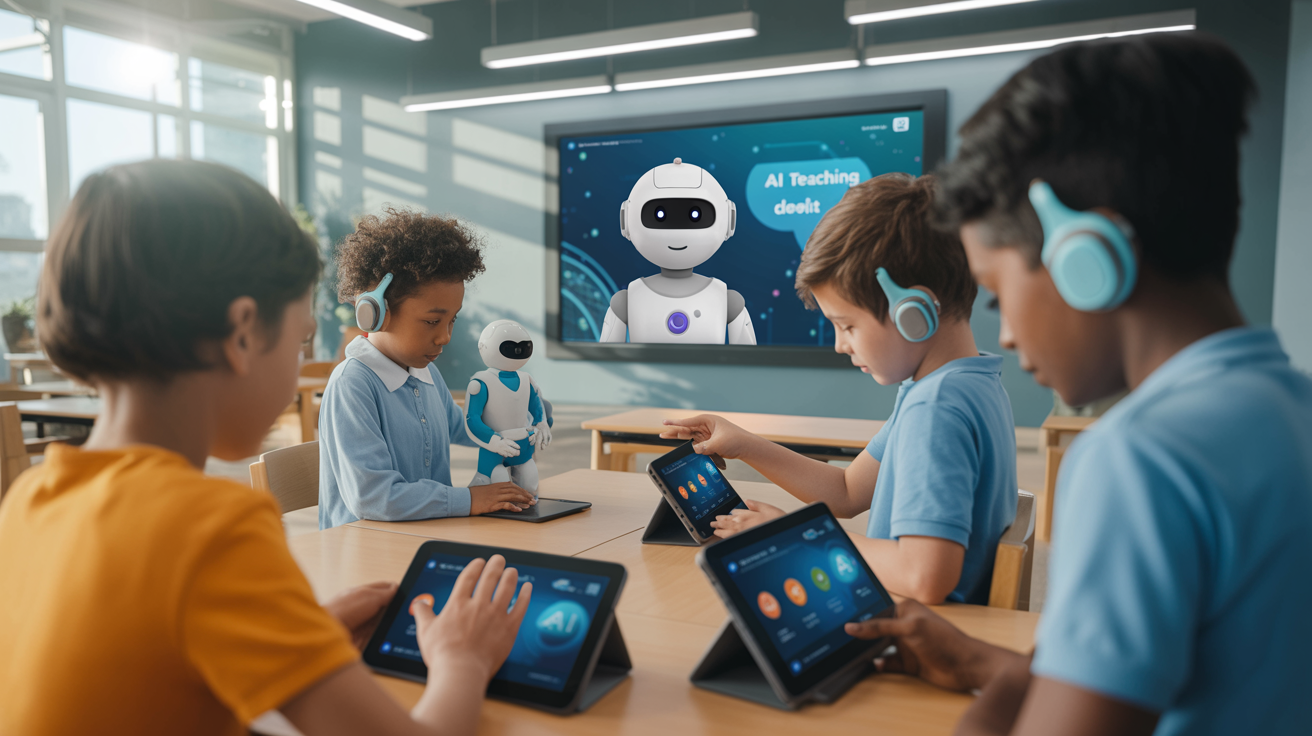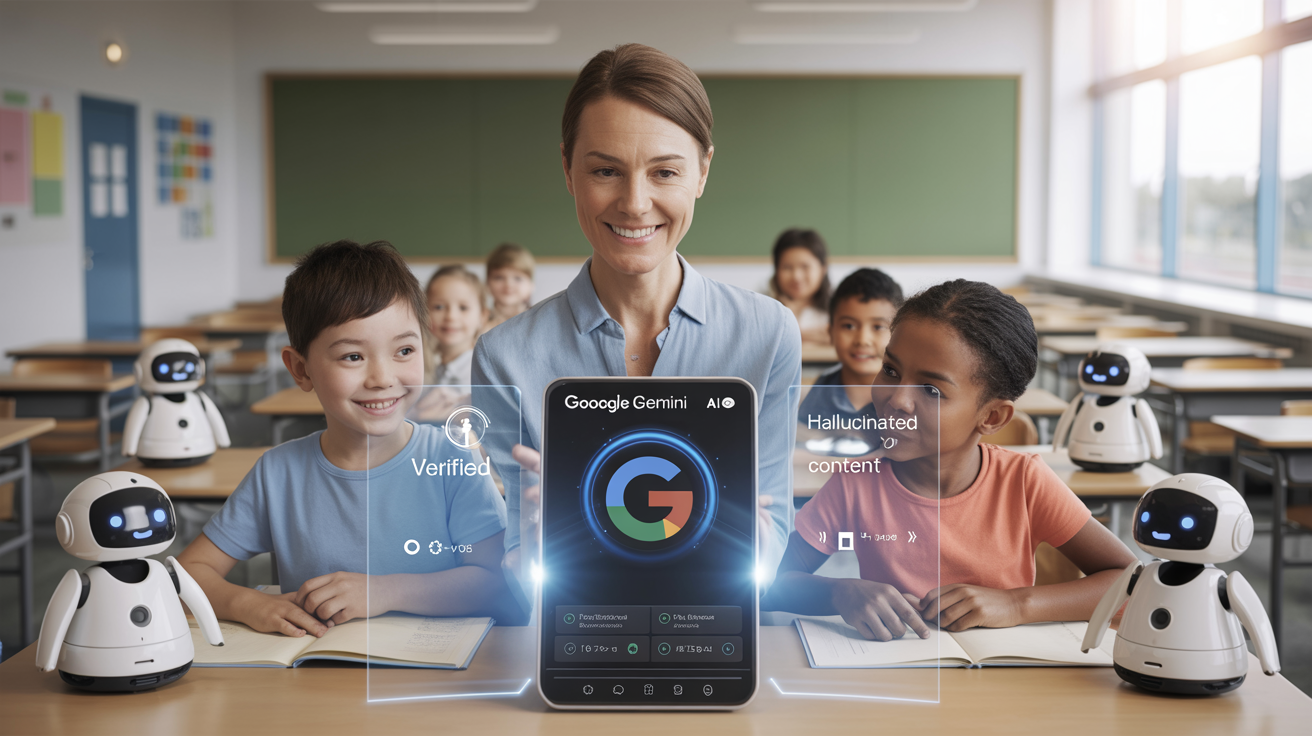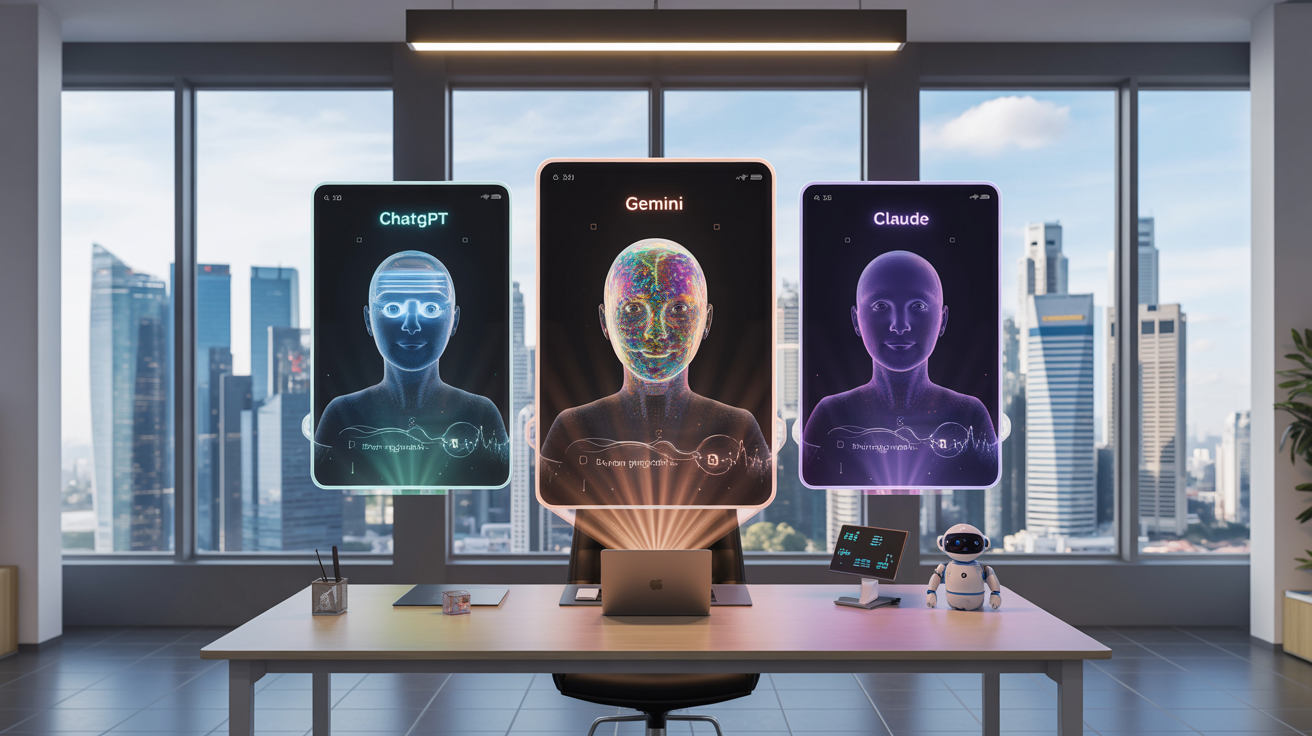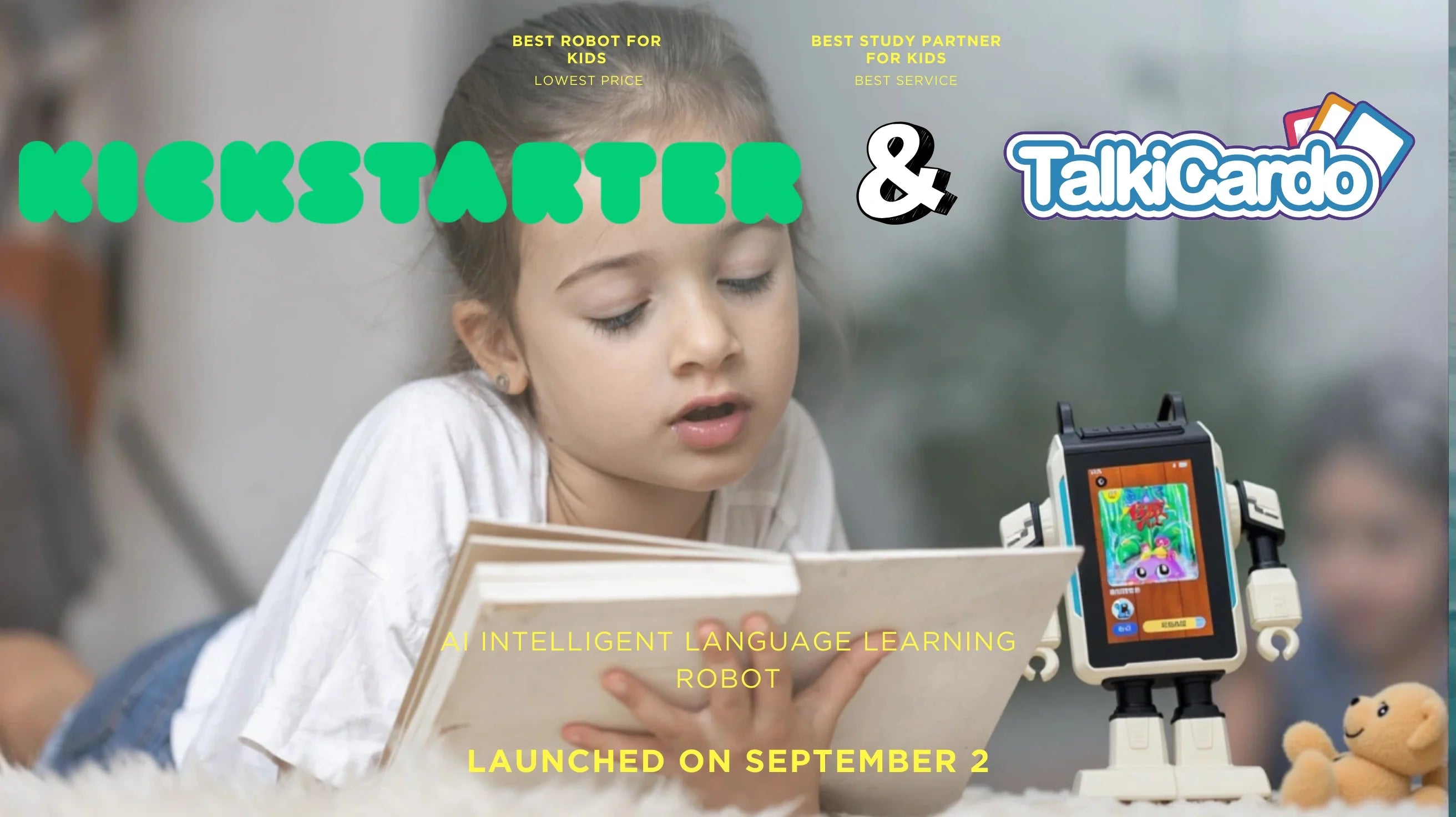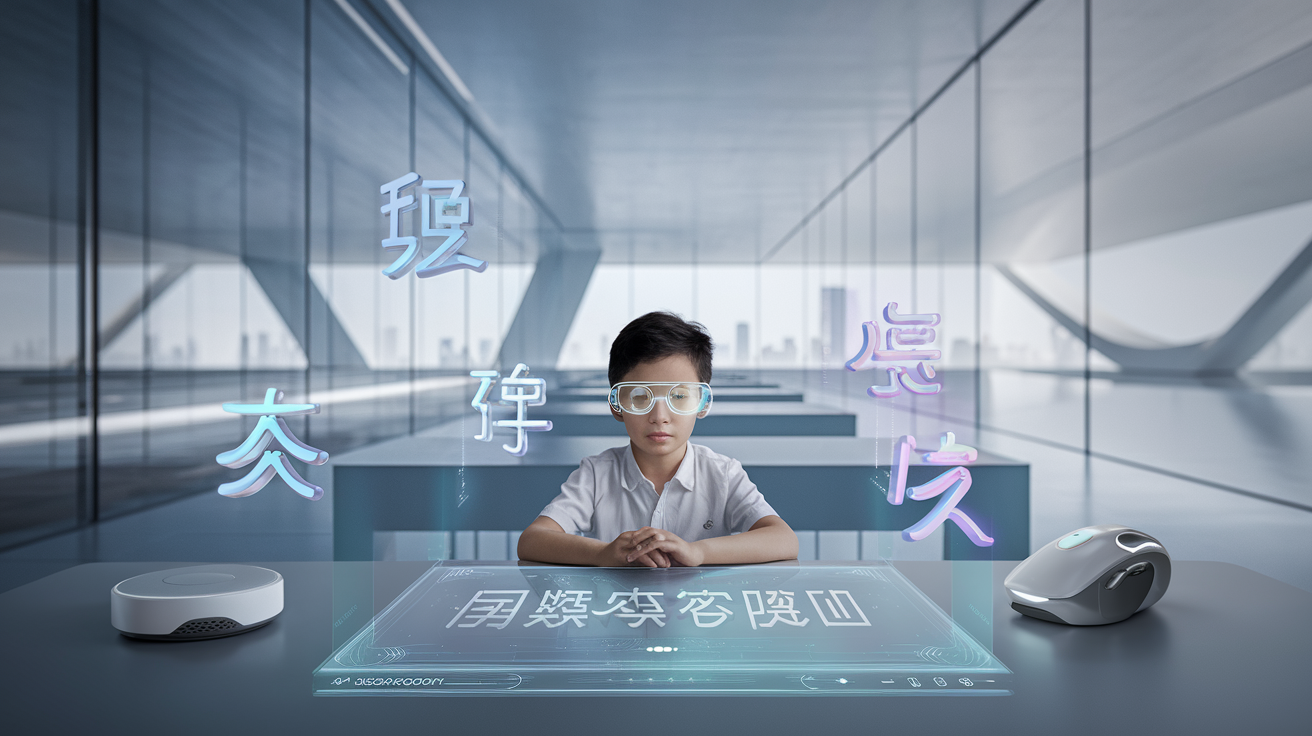
Trend Analysis: 400% Spike in 'Gemini Lesson Ideas' Searches—How Schools Can Respond
Posted by Aipilot on
Table Of Contents
- Understanding the Gemini AI Surge
- Why Educators Are Turning to Gemini
- 5 Ways Schools Can Respond to the Gemini Trend
- Implementing Gemini in Different Subject Areas
- Addressing Challenges and Ethical Considerations
- How AIPILOT Solutions Complement Gemini Integration
- Preparing Students for an AI-Integrated Future
The education technology landscape is experiencing a seismic shift. In recent months, search data reveals a staggering 400% increase in queries for "Gemini lesson ideas" as educators worldwide rush to integrate Google's powerful AI model into their teaching practices. This unprecedented surge signals a pivotal moment in education—one where artificial intelligence is no longer viewed as a future possibility but as an immediate educational resource.
This dramatic spike raises important questions: What's driving this sudden interest? How can schools effectively respond to this trend? And most importantly, how can educational institutions leverage this technology to enhance learning outcomes while preparing students for an AI-integrated future?
In this comprehensive analysis, we'll explore the factors behind this phenomenon and provide actionable strategies for schools looking to thoughtfully incorporate Gemini AI into their educational frameworks. Whether you're an administrator developing district-wide technology policies or a classroom teacher seeking innovative lesson approaches, this guide will help you navigate the exciting yet complex intersection of AI and education.
400% Surge in 'Gemini Lesson Ideas' Searches
How Schools Can Effectively Respond to the AI Education Revolution
What's Driving the Surge?
- Gemini's multimodal capabilities enable more dynamic learning experiences
- Post-pandemic acceleration of educational digital transformation
- User-friendly interface accessible to non-technical educators
Personalized Learning
Gemini analyzes individual performance to create customized materials for diverse learning needs.
Creative Catalyst
AI handles routine tasks, allowing teachers to focus on developing critical thinking and creativity.
Immediate Feedback
Real-time assessment creates tighter learning loops and helps students develop greater agency.
5 Strategic Responses for Schools
Establish Clear AI Policies
Develop comprehensive guidelines for data protection, ethics, and appropriate AI usage.
Provide Structured PD
Implement tiered training addressing both technical skills and pedagogical applications.
Start with Pilot Programs
Begin with contained experiments before scaling to identify best practices and troubleshoot.
Integrate Complementary Tools
Pair Gemini with specialized AI education tools like TalkiCardo and AI Teaching Assistants.
Develop AI Literacy
Create curriculum helping students understand AI capabilities, limitations, and ethical considerations.
Implementing Across Subject Areas
Language Arts
- Writing prompts and feedback
- Reading comprehension exercises
- Language learning with TalkiCardo
STEM
- Customized practice problems
- Experiment design and simulation
- Visual explanations of concepts
Humanities
- Primary source analysis
- Historical simulations
- Ethical scenario exploration
Addressing Key Challenges
Equity Concerns
Ensure AI implementation doesn't widen educational gaps by providing equal access to technology.
Data Privacy
Thoroughly vet providers' privacy policies and ensure compliance with educational regulations.
Academic Integrity
Redesign assessments to emphasize skills AI can't replicate, like critical thinking and creative problem-solving.
Human Connection
Maintain teacher-student relationships by using AI as a complement rather than replacement for human teaching.
Understanding the Gemini AI Surge
The 400% increase in searches for Gemini lesson ideas didn't occur in isolation. This surge coincides with several key developments in both the AI landscape and educational environment:
Google's Gemini AI model represents a significant leap forward in artificial intelligence capabilities. Unlike earlier models, Gemini offers multimodal understanding—it can process and analyze text, images, audio, and video simultaneously, making it exceptionally versatile for educational applications. This comprehensive capability allows teachers to create more dynamic, interactive learning experiences that engage multiple learning styles.
The post-pandemic educational landscape has accelerated digital transformation in schools. Remote and hybrid learning environments normalized technology integration, while highlighting the need for more sophisticated, adaptive teaching tools. Many educators who were initially hesitant to adopt technology now recognize its potential to personalize learning and increase student engagement.
Importantly, Gemini's user-friendly interface has lowered the barrier to entry for AI implementation. Unlike previous AI tools that required technical expertise, Gemini's intuitive design makes it accessible to educators regardless of their technical background. This democratization of AI technology has expanded its reach beyond computer science classrooms to virtually every subject area.
Why Educators Are Turning to Gemini
The unprecedented interest in Gemini for education stems from several compelling advantages it offers to modern classrooms:
Personalized Learning at Scale
Perhaps the most significant draw of Gemini is its ability to facilitate personalized learning experiences. Traditional classroom settings often struggle to accommodate diverse learning needs simultaneously. Gemini can analyze individual student performance, identify knowledge gaps, and generate customized learning materials tailored to each student's needs. This level of personalization—previously impossible at scale—allows teachers to support struggling students while challenging advanced learners, all within the same classroom environment.
Enhanced Creativity and Critical Thinking
Contrary to concerns that AI might hamper creativity, many educators report that Gemini serves as a creativity catalyst. By handling routine aspects of lesson planning and material creation, Gemini frees teachers to focus on higher-order aspects of education—developing critical thinking skills, fostering meaningful discussions, and building deeper connections with students. Additionally, Gemini can generate creative writing prompts, debate topics, and project ideas that challenge students to think more deeply and imaginatively.
Real-time Feedback and Assessment
Traditional assessment methods often involve significant lag time between student work and teacher feedback. Gemini's ability to provide instant, detailed feedback on assignments allows students to immediately identify and correct misconceptions, creating tighter learning loops. This rapid feedback cycle accelerates learning and helps students develop greater agency in their educational journey.
Administrative Efficiency
Beyond direct educational applications, Gemini significantly reduces administrative workload for teachers. From generating lesson plans to creating differentiated worksheets to automating grading for objective assessments, Gemini frees valuable time that educators can redirect toward meaningful student interaction and high-impact teaching activities.
5 Ways Schools Can Respond to the Gemini Trend
For educational institutions looking to effectively respond to the Gemini surge, here are five strategic approaches to consider:
1. Establish Clear AI Integration Policies
Before implementing Gemini or any AI tool, schools should develop comprehensive policies that address important considerations: How will student data be protected? What are the ethical guidelines for AI usage? Which educational objectives should AI support versus human teachers? Clear boundaries and expectations ensure that AI serves as a complement to, rather than a replacement for, quality teaching. These policies should be developed collaboratively with input from administrators, teachers, students, and parents to ensure all perspectives are considered.
2. Provide Structured Professional Development
Even with user-friendly AI systems like Gemini, proper training is essential. Schools should develop tiered professional development programs that address both technical aspects (how to use the tool) and pedagogical applications (how to integrate it effectively into teaching). Consider establishing an AI innovation team of early adopters who can become in-house experts and support colleagues through the learning curve. Continuous learning opportunities will help educators maximize Gemini's potential while minimizing frustration during implementation.
3. Start with Pilot Programs
Rather than immediate school-wide implementation, consider starting with strategic pilot programs in specific classrooms or departments. These contained experiments allow schools to identify best practices, troubleshoot challenges, and gather data on effectiveness before scaling. Pilot programs should include robust evaluation mechanisms to measure impact on learning outcomes, student engagement, and teacher satisfaction.
4. Integrate Complementary AI Tools
Gemini is powerful, but it becomes even more effective when paired with specialized educational AI tools. Smart AI chat cards like TalkiCardo can provide safe, structured AI interactions for younger students, while AI teaching assistants can offer additional support in specific subject areas. For language learning environments, tools like TalkiTrans provide simultaneous interpretation that breaks down language barriers in diverse classrooms. Creating an ecosystem of complementary AI solutions maximizes effectiveness while addressing specific educational needs.
5. Develop AI Literacy Curriculum
As AI becomes increasingly prevalent in education and society, students need to develop AI literacy—understanding how these systems work, their capabilities, limitations, and ethical considerations. Schools should incorporate age-appropriate AI education into existing curriculum, helping students become informed consumers and potentially creators of AI technology. This preparation extends beyond technical knowledge to include critical thinking about AI's societal impact and ethical implications.
Implementing Gemini in Different Subject Areas
Gemini's versatility makes it applicable across virtually all subject areas. Here's how it can enhance teaching and learning in various disciplines:
Language Arts and Communication
In language arts classrooms, Gemini excels at generating writing prompts, providing detailed writing feedback, and helping students refine their work through guided revision. It can also create customized reading comprehension exercises based on texts at appropriate reading levels. For language learning specifically, Gemini paired with TalkiCardo creates immersive conversation practice that adapts to each student's proficiency level, providing instant correction and guidance on pronunciation, grammar, and vocabulary usage.
Mathematics and Sciences
In STEM subjects, Gemini can generate practice problems at various difficulty levels, demonstrate multiple solution approaches, and provide stepped explanations when students struggle. For science classes, it can help design experiments, visualize complex phenomena through generated illustrations, and create interactive scenarios for hypothesis testing. When combined with AI Mouse technology, students gain intuitive control over complex simulations through voice commands and gestures, making abstract concepts more tangible and accessible.
Social Studies and Humanities
For history, sociology, and other humanities subjects, Gemini can generate primary source analysis activities, create simulated historical dialogues, and develop complex ethical scenarios for discussion. It excels at helping students explore multiple perspectives on controversial topics and historical events. Paired with AI visualization tools, students can experience immersive historical recreations that bring abstract concepts to life.
Arts and Creative Subjects
Even in creative disciplines, Gemini offers valuable support. It can suggest artistic techniques, generate inspiration for creative projects, and help students analyze artistic works. In music education, it can provide theory explanations, composition assistance, and performance feedback. The combination of Gemini's creative capabilities with specialized educational AI tools creates a comprehensive creative development environment.
Addressing Challenges and Ethical Considerations
While the potential of Gemini in education is immense, its implementation comes with important challenges that schools must proactively address:
Equity concerns are paramount. Not all students have equal access to devices and internet connectivity required to use AI tools effectively. Schools must ensure that AI integration doesn't widen existing educational gaps. This may require providing school-owned devices, extending internet access, or designing hybrid approaches that don't disadvantage students with limited technology access.
Data privacy represents another critical consideration. Gemini and similar AI tools process enormous amounts of student data, raising questions about data ownership, security, and potential misuse. Schools should thoroughly vet AI providers' privacy policies, implement data minimization practices, and ensure compliance with relevant educational privacy regulations like FERPA (in the US) or PDPA (in Singapore).
Academic integrity frameworks need updating in the age of AI. Rather than focusing solely on preventing AI use in assignments, educators should redesign assessments to emphasize skills AI can't replicate—critical thinking, creative problem-solving, and authentic application of knowledge. This might involve more project-based assessments, in-class demonstrations of learning, or collaborative work that showcases uniquely human abilities.
Finally, maintaining appropriate human connection remains essential. While AI can personalize content and provide feedback, it cannot replace the motivational, emotional, and developmental benefits of human teacher-student relationships. Schools should view Gemini as a tool that enhances, rather than replaces, human teaching—freeing educators to focus on the interpersonal aspects of education that remain distinctly human.
How AIPILOT Solutions Complement Gemini Integration
While Gemini provides powerful general AI capabilities, specialized educational AI tools from AIPILOT offer complementary functionalities that enhance its effectiveness:
TalkiCardo Smart AI Chat Cards provide a structured, safe environment for younger students to interact with AI. Unlike Gemini's open-ended interface, TalkiCardo offers controlled, age-appropriate AI interactions specifically designed for children's developmental needs. These cards create engaging, personalized language learning experiences while maintaining appropriate guardrails for younger learners.
For mathematics and science instruction, the AI Teaching Assistant and Visualiser extends Gemini's capabilities through specialized visualization tools. While Gemini excels at generating text explanations, the AI Teaching Assistant creates dynamic, interactive visual representations of complex concepts, making abstract ideas tangible and accessible to diverse learners.
In multilingual classrooms, TalkiTrans simultaneous interpretation system breaks down language barriers that might otherwise limit Gemini's effectiveness. This AI-powered translation tool ensures that non-native speakers can fully participate in Gemini-enhanced lessons by providing real-time translation of both teacher instruction and AI-generated content.
For hands-on learning environments, the AI Mouse provides intuitive voice control and text conversion capabilities that simplify student interaction with both physical and digital learning resources. This seamless interface reduces technological friction, allowing students to focus on learning rather than navigating complex interfaces.
When integrated thoughtfully, these specialized AIPILOT solutions address specific educational needs that complement Gemini's broader capabilities, creating a comprehensive AI-enhanced learning environment that supports diverse learning styles, needs, and contexts.
Preparing Students for an AI-Integrated Future
Beyond immediate classroom applications, the integration of Gemini represents an opportunity to prepare students for a world where AI will be ubiquitous. Forward-thinking schools are using this moment to develop students' AI literacy—not just as consumers but as critical evaluators and potential creators of AI technology.
This preparation includes teaching students to effectively prompt and direct AI tools, helping them understand what makes a good query and how to refine instructions to achieve desired outcomes. Equally important is developing critical evaluation skills that help students assess AI-generated information for accuracy, bias, and reliability—distinguishing between high-quality outputs and potential misinformation.
Students should also understand AI's creative potential as a collaborative tool rather than a replacement for human creativity. By learning to use AI as a brainstorming partner, feedback provider, and idea generator, students develop a balanced relationship with technology that enhances rather than substitutes for their own creative abilities.
Perhaps most importantly, schools have a responsibility to foster ethical judgment regarding AI usage. Students should explore complex questions about appropriate AI use, the value of human-created work, and the societal implications of increasing AI integration. These conversations prepare them not just for academic success but for thoughtful participation in shaping our collective AI future.
Conclusion: Embracing the Gemini Opportunity
The 400% surge in searches for "Gemini lesson ideas" represents more than a fleeting trend—it signals a fundamental shift in education toward AI-enhanced learning environments. Schools that respond thoughtfully to this shift position themselves at the forefront of educational innovation while preparing students for an increasingly AI-integrated world.
Successful integration requires balanced implementation that leverages AI strengths while preserving the irreplaceable human elements of education. By establishing clear policies, providing comprehensive training, piloting programs strategically, integrating complementary tools, and developing AI literacy, schools can harness Gemini's potential while mitigating potential challenges.
The most effective approaches will view Gemini not as a standalone solution but as part of a comprehensive educational technology ecosystem that includes specialized tools designed for specific educational contexts and needs. This ecosystem approach enables schools to address diverse learning requirements while maximizing the benefits of AI across all aspects of education.
As we navigate this transformative period in education, one thing remains clear: the goal of AI integration is not technology for technology's sake but enhanced learning experiences that prepare students for success in both present and future contexts. By approaching the Gemini surge with intentionality and vision, schools can transform this moment of technological change into an opportunity for educational advancement.
Ready to enhance your school's AI integration journey? AIPILOT offers a comprehensive ecosystem of educational AI tools designed to complement platforms like Gemini while addressing specific learning needs. From safe AI chat cards for younger students to advanced teaching assistants for complex subjects, our solutions help schools maximize the benefits of AI while maintaining appropriate educational guardrails. Visit AIPILOT today to explore how our AI innovations can transform your educational environment.






